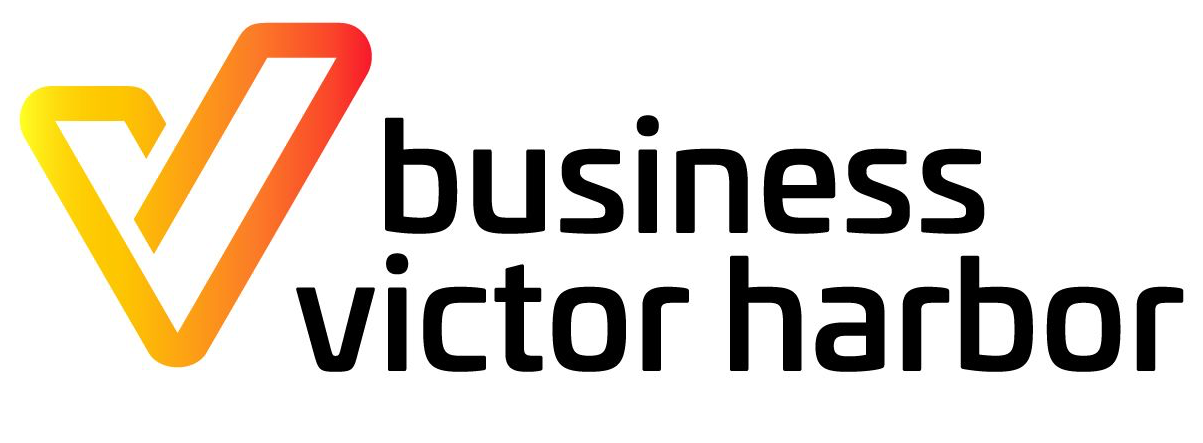Business Victor Harbor is the Voice of Business and as the Voice of Business, there’s something we feel the need to express to everyone in the South Coast community. Inflation is being felt everywhere, from ASX 200 companies to solopreneurs just starting out.
However, the difference between large-scale companies and smaller ones are their reserves. According to the ABS data from February this year, 41% of businesses reported that cash on hand could cover less than three months of business operations.
Increases in utilities, goods and services, real estate, and gas costs; supply chain issues impacting delivery; and employee shortages have taken a toll on businesses, especially our smaller ones.
Despite the near-catastrophic impact that the lockdowns had on our tourism, hospitality and events industries, the reality is that many businesses in other sectors did quite well over the COVID-19 period. This survival was due to record government stimulus, cost relief for some (like commercial rents), and strong demand.
The June quarter results for the Business SA William Buck Survey of Business Expectations show a reduced confidence level in the business community. However, this is not a surprise as the stimulus is gone, and any cost-relief has well and truly ended.
Cost increases is the number one issue keeping business operators awake at night, 40% of businesses say they won’t even pass on their increased costs. If they see increased costs themselves through materials and overheads, then they must have the confidence to raise their prices to keep their margins strong.
Right now, it is challenging to simply ‘do more work’ to keep the profits up, with worker shortages and restricted material supply presenting such significant challenges.
For some, regulations and fixed contracts remove the retail price increase. However, those that can, need to have the confidence to initiate the increases that can keep their businesses financially viable.

Small Business Pricing Stats (June Survey of Business Expectations).
Businesses reported increased energy bills as their main cost pressure, along with increases to wages/contractors. Although some businesses can pass costs to the consumer, only 19% were able to do so fully.
One in four businesses will increase costs immediately, while a majority will implement price rises over the next three to six months.
When factoring price increases some businesses stick to traditional timelines, while others react to their competitors’ actions in the market. Crucially, most are mindful that they need to manage customer expectations.
According to the ABS June Business Conditions and Sentiments, nearly half (46%) of all businesses experienced increases in their operating expenses.
Let’s repeat that last one. Almost half of small businesses are seeing a rise in their costs but only 19% have raised prices fully. Costs are going up. These businesses have held out as long as they could. Soon those that haven’t already will raise their prices. It’s inevitable. Before you react to this, please consider…
Responding to Increased Prices

Businesses need our support, and they need our patience. This is a last resort for many small businesses because they are very close to their customers. They don’t want to pass on their costs. They know customers have their own pricing concerns and their wages are not going nearly as far as they used to.
You may see closures on days the businesses used to be open or experience limited hours to help with staff shortages. Be understanding of this. By limiting their hours, they are trying to remain in business and cover the employee shortage they’re facing.
Businesses may reduce the services they offer or the secondary costs. Bars, for instance, may cut back on bands to save money. Table your complaints. They’re doing the best they can right now to make enough profit and cut costs to stay in business.
Nine out of 10 small businesses struggle with negative cash flow at least once a year and one in five are plagued for six months with expenses greater than revenue, according to the latest Xero survey. So, they need your continued support and understanding.
This may seem like a bleak picture for small businesses, but we have had some wonderful success stories over the past year as well. There are new businesses growing. People are starting their own enterprises even through these tough times.
Business owners are resilient, hardworking, problem-solvers. People who go to work for themselves believe in the service or product they provide. As the saying goes entrepreneurs would “rather work 80 hours for themselves, than 40 for someone else.” We have faith in business owners and we’re doing our best to help by giving them the resources to work through these extraordinary challenges, but we need your help.
Bottom Line
Small businesses need you to:
Show up. Keep patronising them.
Put up. Costs are increasing for everyone. They are not here to gouge you.
Support them. If not through purchases than through reviews, word-of-mouth, or referring someone looking for work.
Pass the message along. Remind others what businesses are going through. It’s stressful wondering how you’ll make payroll, pay your suppliers or your landlord.
We’ll get through this together, but it won’t happen by making small business owners and employees feel dumb or guilty for trying to do what’s necessary to stay open.
Yours in business,
Michael Schubert
Chairman, Business Victor Harbor


